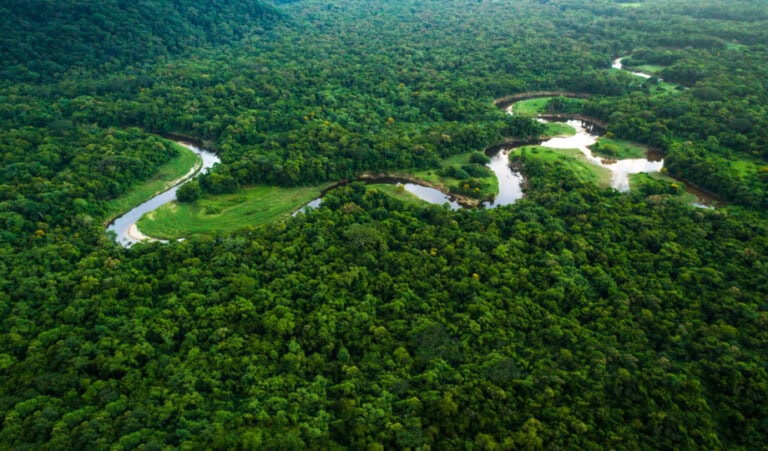Climate Change Adaptation
Our buildings and infrastructure must be adapted to ensure they remain fit for the future. As the climate crisis intensifies and extreme weather events become more common, the UK’s buildings, cities and critical infrastructure, and the communities that use and occupy these, are in increasing danger. It’s vital to address how our buildings and infrastructure can be adapted to remain fit for the future.
Key climate change adaptation statistics
Climate change adaptation & resilience
With the advancing climate crisis comes hazards such as increasing temperatures, changing patterns of rainfall, periods of drought and increased flooding, all of which pose major threats to the built environment and those who inhabit it.
The built environment has a critical role to play in reducing our vulnerability to climate risk. Cities and urban areas typically increase exposure to physical hazards; for example, built up areas increase the Urban Heat Island effect or increase the likelihood of flooding due to many impermeable surfaces.
Our buildings and natural environment can protect us from these hazards; ensuring they are comfortable and safe environments for users is critical. If transport infrastructure is affected by climate change-related events, businesses and organisations suffer dire economic consequences.
Our industry is becoming acutely aware of the urgent need to respond to the increasing threat of climate risks and rapidly build and retrofit resilience measures into our buildings, communities and infrastructure. This is vital to alleviate risks to businesses and the economy, but also crucially to support the health and quality of life of the people who live and work in our built areas.
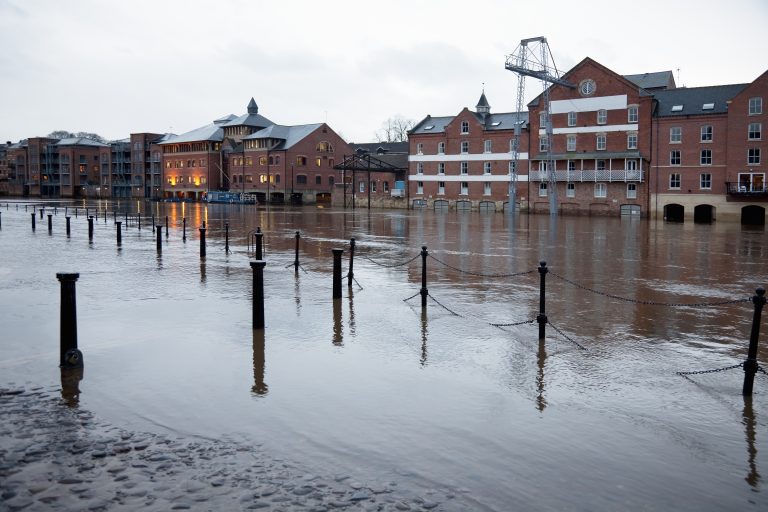
UKGBC, adaptation & resilience
At UKGBC, our goal is for the built environment to be net zero, climate resilient and regenerative.
This ambition requires all stakeholders to recognise the threat that climate change poses, assess the risks being faced, and pursue adaptation and resilience solutions rigorously.
Individually, built environment professionals have a key role to play in adapting to the climate, from assessing risks to built assets and creating actionable plans, designing buildings that can handle the impacts of extreme weather, to funding extra resilience measures for our cities.
However, a significant gear shift is required to drive systemic and institutionalised change across the industry, with a focus on delivering the scalable and widespread actions necessary to increase the UK’s resilience to climate change. Nature-based solutions should be prioritised, since they can deliver multiple holistic benefits, such as air quality improvements, health, well-being and biodiversity gains.
Currently, the built environment sector lacks the definitions, targets and metrics necessary to support sector-wide climate resilience which is why UKGBC is working with our network to co-create science-based, industry-wide targets through our Resilience Roadmap project, due for publication next year.

Sign up for to receive our Resilience and Nature newsletter
Resilience & Nature Partners
Our climate change adaptation work is supported by our Resilience & Nature Partners.




Events
Climate Resilience: Insights from the Collaboration Café series

Innovative Start-Up Forum

Collaboration Café – Nature Positive Built Environment

General election campaign: policy platform launch event
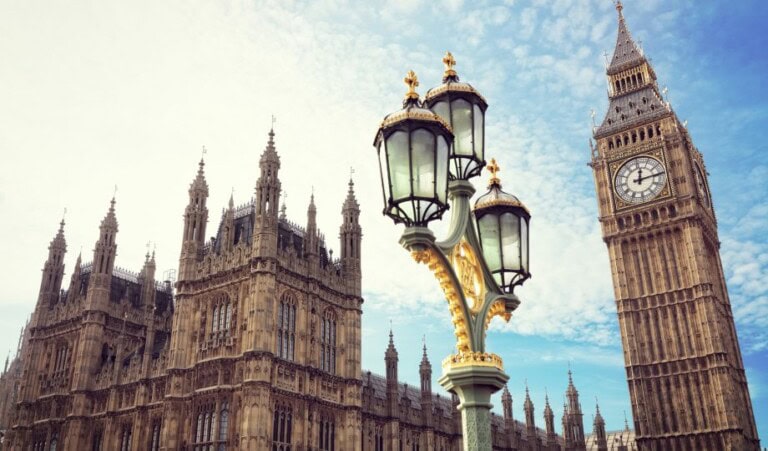
Get involved
Task group members for the Climate Resilience Roadmap
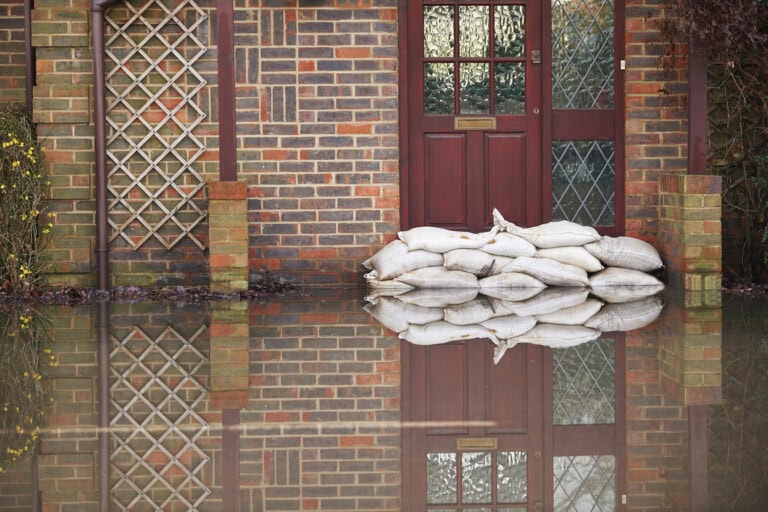
Resilience Roadmap Project Partners
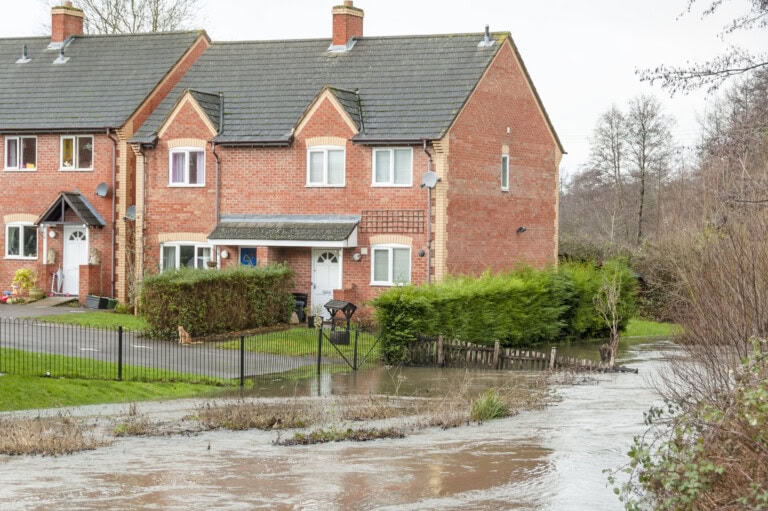
Programme Partners

Submit to our solutions and case study library

Blogs on climate change adaptation
UKGBC announces Task Group and partners for Climate Resilience Roadmap

Dangerously slow progress on adapting the UK’s built environment to the new normal of rapidly changing climate
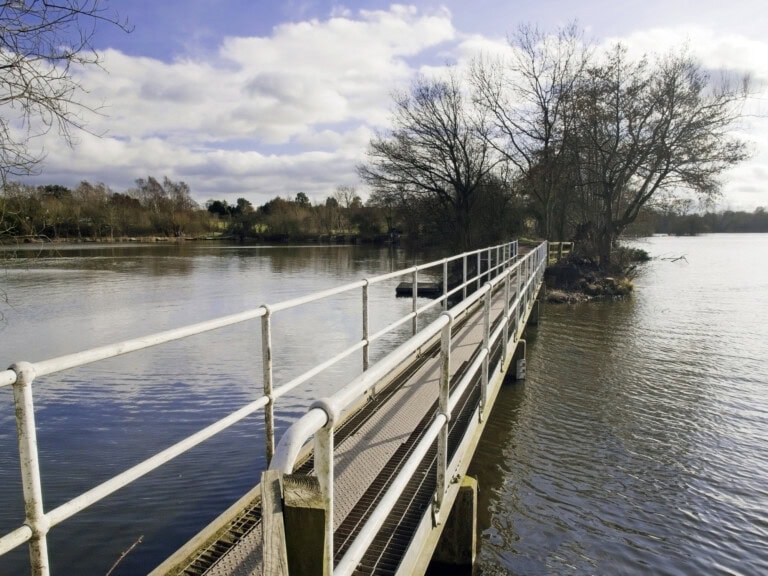
Building the Movement ahead of COP28

UKGBC develops the first roadmap for climate change resilience in the UK built environment
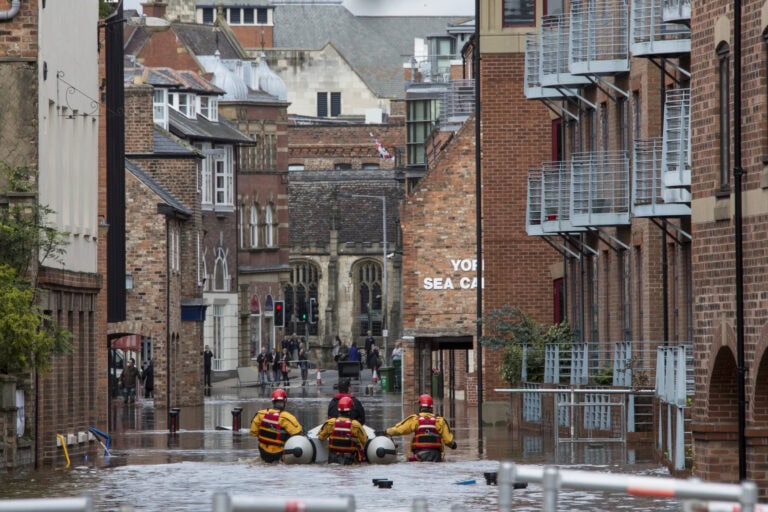
All Climate Change Adaptation Resources
Home Retrofit Investment Calculator

End-to-end platform to remove retrofit barriers

Pall Mall

Minerva House
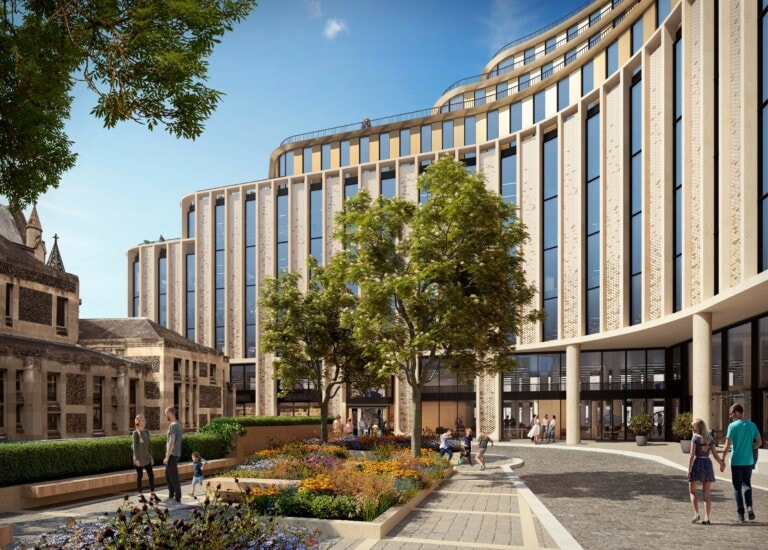
134-138 Edmund Street
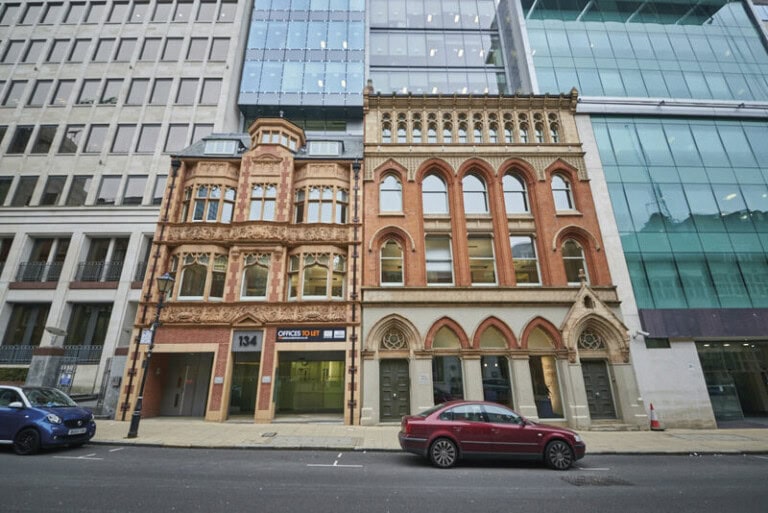
5 New Street Square
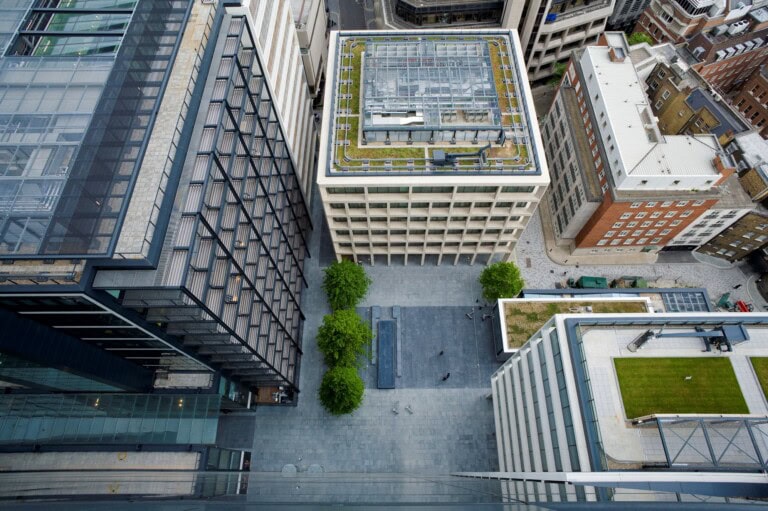
In-depth property- or location-specific data

Trends in Sustainable Solutions for the Built Environment – Reflecting on 2023

Technology to adapt room temperature based on occupancy levels

NAP3 Policy Scorecard

Database on residential properties

Home Efficiency and Retrofit Tool


